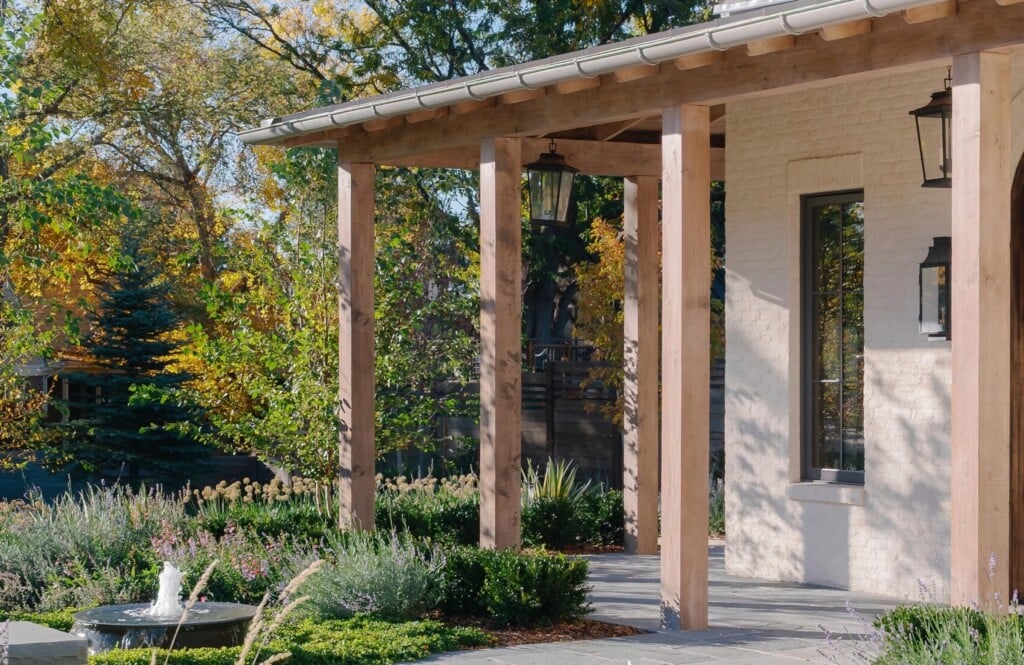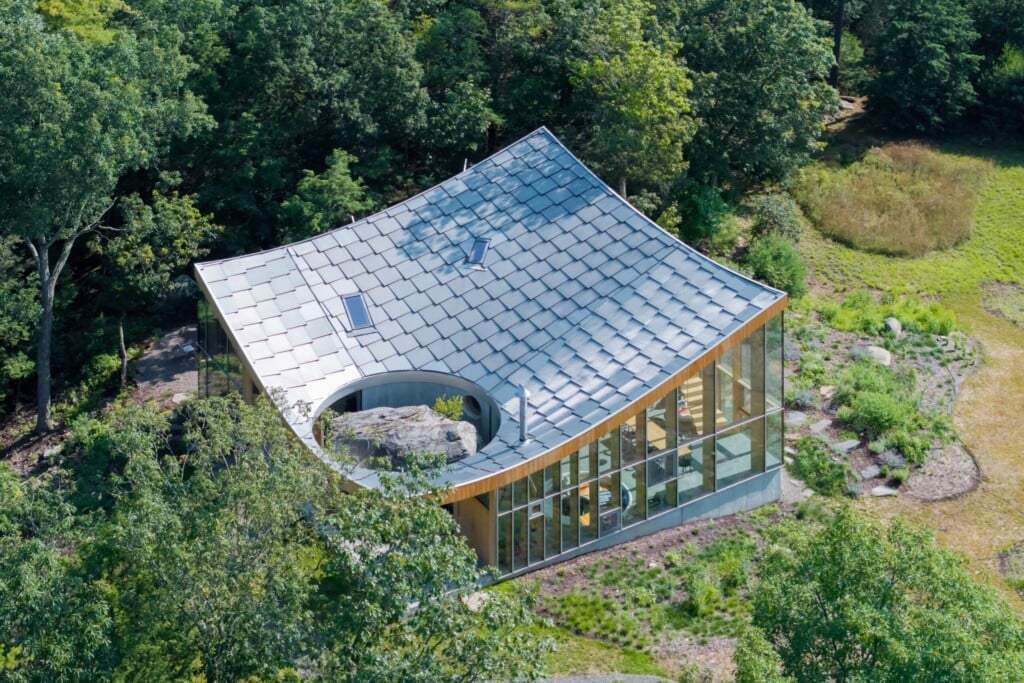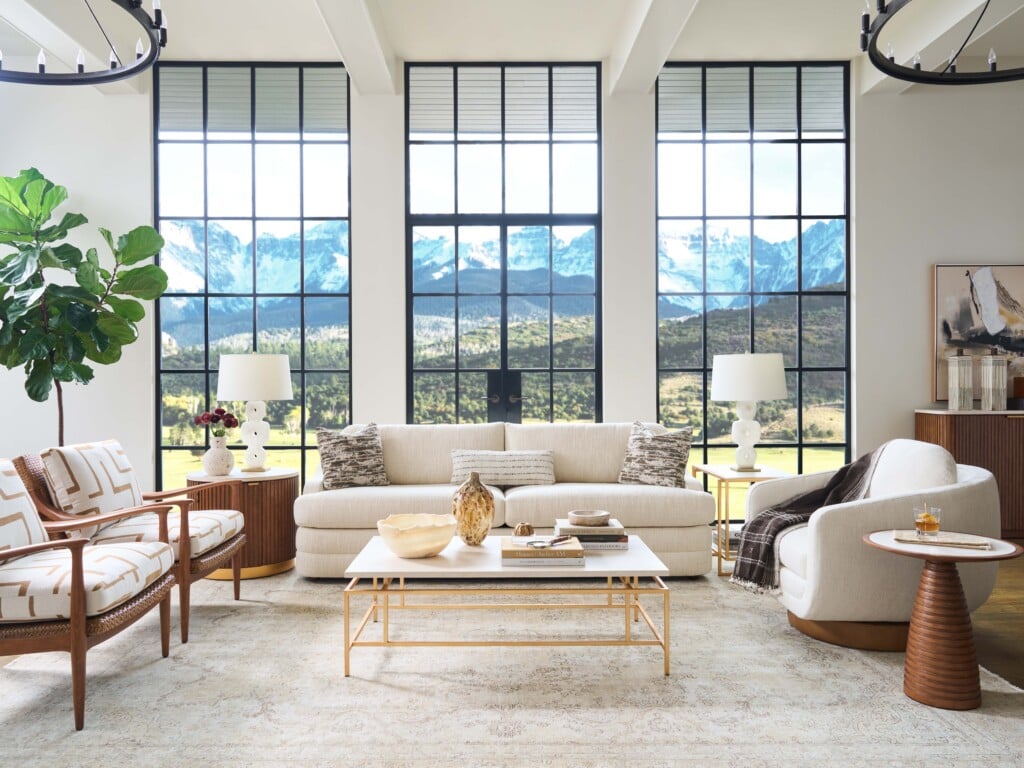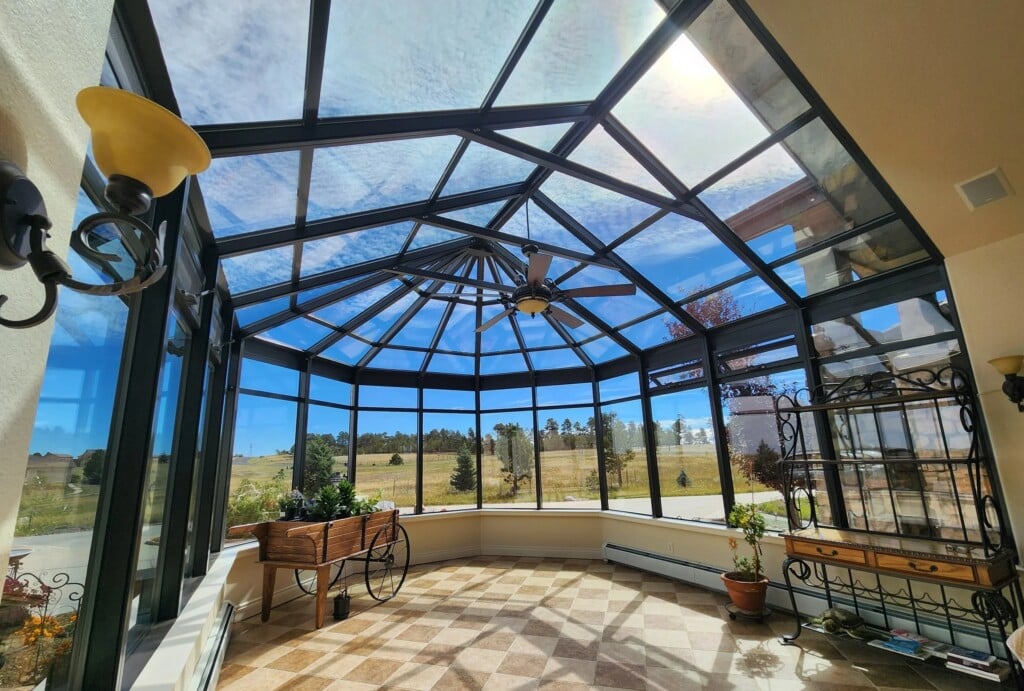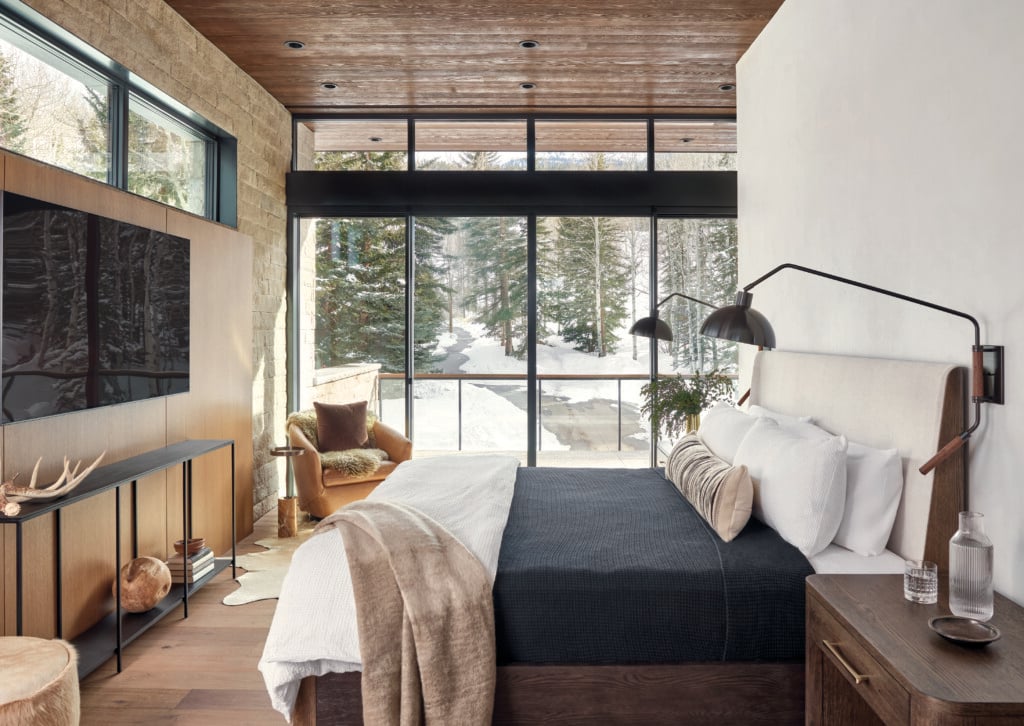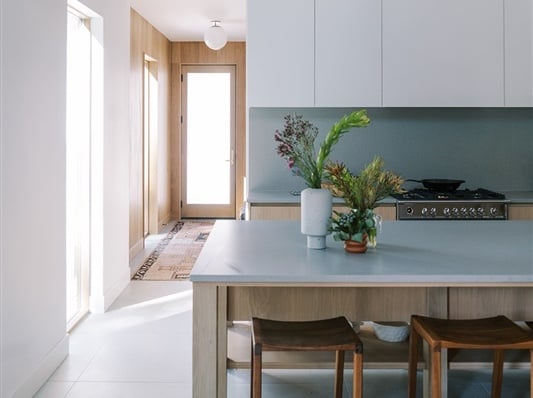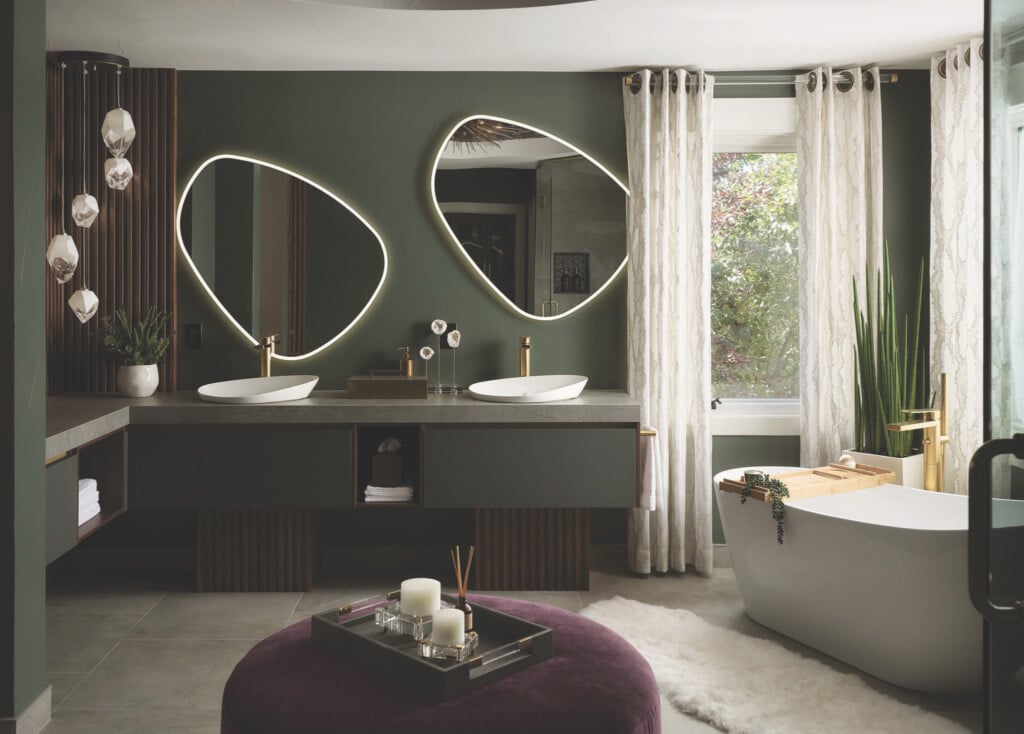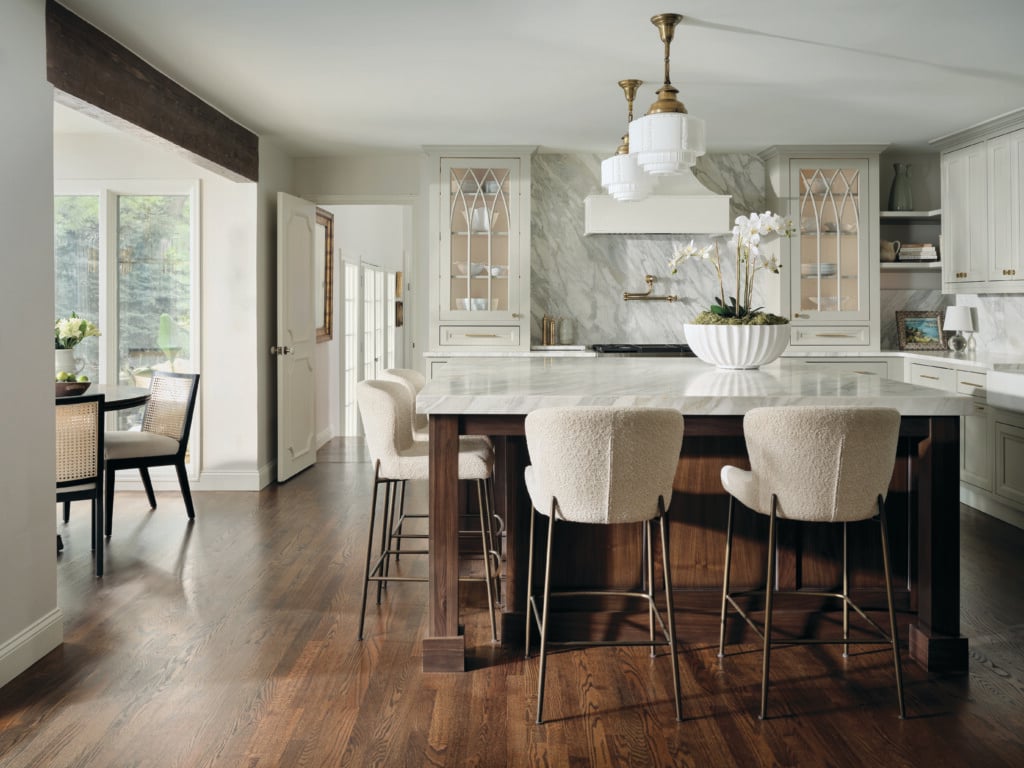Navigating Denver’s Microclimates: An Essential Guide for Homeowners
Everything you need to know to set yourself up for success.
Denver’s climate is known for its beauty and unpredictability, characterized by sudden weather shifts that can catch homeowners off guard. The city’s unique microclimates present both challenges and opportunities, making landscape design an engaging endeavor for gardeners.
Understanding Microclimates
Microclimates are small areas where weather conditions differ from the surrounding environment. In Denver, factors such as elevation, the presence of foothills, and urban structures significantly influence these microclimates, impacting gardening success. The city’s high-altitude results in cooler nighttime temperatures and warmer daytime conditions, leading to variations in sun exposure, moisture, and wind.
Sun orientation plays a critical role in the development of microclimates. South- and west-facing gardens enjoy abundant sunlight, creating warm conditions ideal for heat-loving plants. In contrast, north-facing gardens typically experience cooler, shadier conditions. Proximity to water sources, like lakes or streams, also affects humidity levels, influencing plant selection.
For instance, areas like Cherry Creek and Washington Park have distinct microclimates shaped by urban features, while open landscapes in Arvada and Highlands Ranch necessitate heat-tolerant flora.
Choosing the Right Plants
Selecting the appropriate plants for each microclimate is crucial in landscape design. Sun-drenched areas benefit from drought-resistant varieties such as ornamental grasses, succulents, and sun-loving perennials, which thrive in heat with minimal water. Conversely, shaded spaces in downtown may require plants like Lady’s Mantle, hostas, and Colorado-native Columbine that adapt well to lower light and moisture-variable environments.
Additionally, gardeners must choose species resilient to the rapid temperature fluctuations common at Denver’s altitudes. Hardy natives like Mountain Mahogany and Currants are excellent options for these challenging conditions.
Successful Garden Design
Creating a garden that works with Denver’s microclimates goes beyond plant selection; thoughtful design is essential. Factors such as wind exposure, moisture distribution, and temperature variations must be considered. Hardscaping elements like walls, trellises, and windbreaks can help manage microclimates effectively. For instance, a stone wall can protect delicate flowers from harsh winds, creating a sheltered environment.
Incorporating patios, fencing, or water features can help regulate moisture and stabilize microclimate variations, enhancing plant health. Precision irrigation systems can ensure each garden area receives the appropriate moisture needed for its unique environment.
Maintenance for Dynamic Climates
Maintaining a garden in a shifting climate requires flexibility. Tailored care strategies are crucial. Sun-soaked areas may require increased watering to combat evaporation, while shaded spots might need less moisture, particularly in cooler seasons. Wind-affected gardens demand careful monitoring, as hot winds can dry out soil and damage plants.
To maintain healthy gardens, consider increasing irrigation during hot summer months and using wood mulch to retain moisture and regulate soil temperatures. Consistent windbreak maintenance can also protect plant life.
Creating Your Outdoor Oasis
Designing a thriving garden amid Denver’s diverse microclimates may be complex, but proper planning and design can lead to success. By choosing plants suited to specific conditions and implementing protective hardscaping measures, homeowners can cultivate beautiful, resilient outdoor spaces that endure.
Ultimately, an understanding of local microclimates combined with strategic landscape practices will allow you to create an outdoor oasis that reflects the unique beauty of Denver and your personal vision.
Dave Graham is the co-owner and Charles Kollmann is a project manager at Phase One Landscapes, a landscape design/build firm that has designed and built hundreds of landscapes over the last 30 years in Greater Metro Denver neighborhoods, Boulder, and along the Front Range. View their profile or contact them at 303.750.6060 to request an initial consultation.
Content for this article provided by Phase One Landscapes









